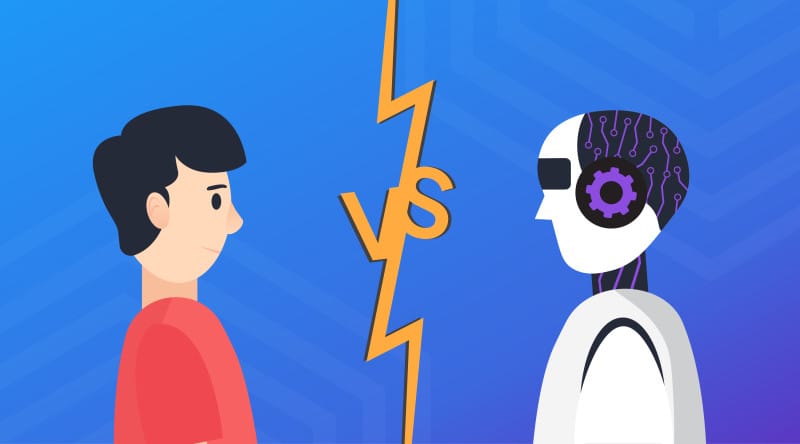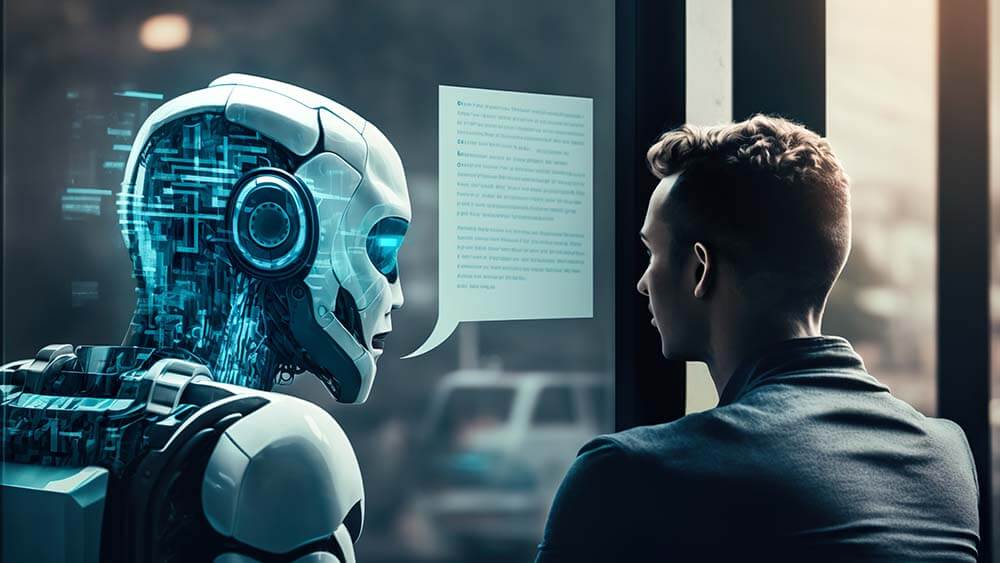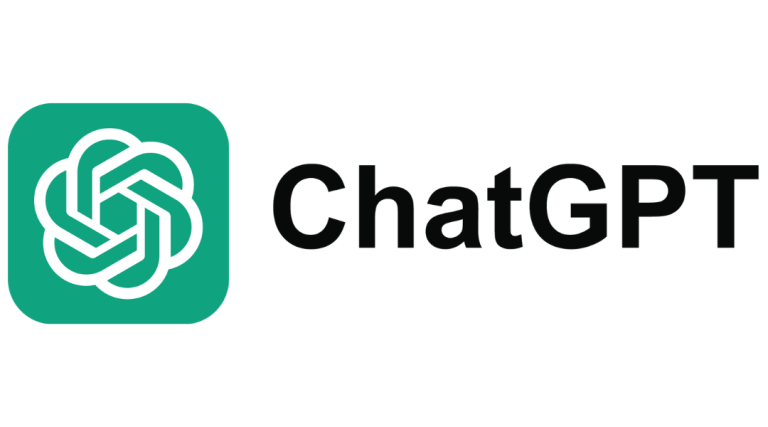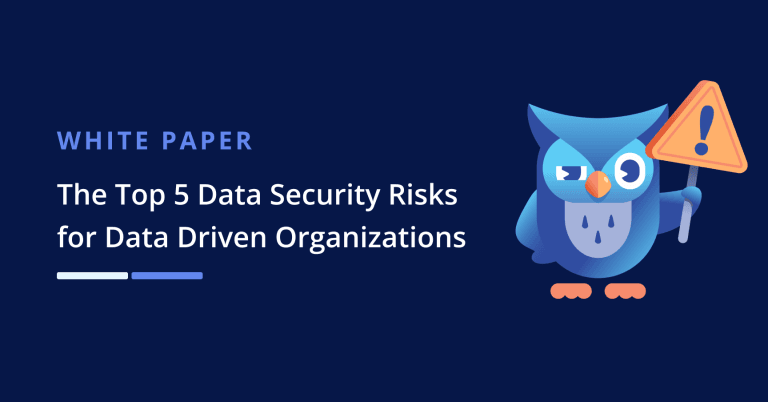AI vs. Human Content
AI vs. Human Content: Winning the Trust Game in 2025
As we step into 2025, the battle between AI-generated and human-crafted content is heating up, with trust emerging as the ultimate prize. Search engines, users, and brands alike are grappling with a critical question: who—or what—can be relied upon to deliver authentic, valuable content in an increasingly digital world? AI tools have revolutionized content creation, offering speed and scalability, while human writers bring creativity, nuance, and emotional depth. In this SEO-optimized blog post, we’ll explore how AI and human content stack up, why trust is the key to winning in 2025, and how you can optimize your strategy to stay ahead.
The Rise of AI Content in 2025
AI-powered content creation has exploded in recent years, and by 2025, it’s a dominant force. Tools like ChatGPT, Jasper, and xAI’s own innovations (like me, Grok!) can churn out blog posts, product descriptions, and social media updates in seconds. These systems leverage vast datasets, natural language processing, and machine learning to produce coherent, keyword-rich content tailored to specific audiences. For businesses, the appeal is clear: AI offers cost-efficiency, scalability, and the ability to publish at lightning speed.
In 2025, AI content isn’t just about volume—it’s smarter than ever. Algorithms now mimic human tone, adapt to trending topics in real time, and even optimize for SEO with precision. A search for “best productivity tips for 2025” might pull an AI-generated listicle that’s polished, data-driven, and perfectly formatted for search engine algorithms. But as AI’s capabilities grow, so do questions about its authenticity and reliability.

The Enduring Power of Human Content
Despite AI’s advancements, human content creators remain a vital force in 2025. Writers, journalists, and storytellers bring something AI can’t fully replicate: lived experience, emotional resonance, and creative intuition. A human-crafted article might weave personal anecdotes, cultural insights, or unexpected humor—elements that connect with readers on a deeper level. For example, a blog post about “overcoming burnout in 2025” penned by someone who’s been there carries a weight that AI struggles to match.
Humans also excel at originality and critical thinking. While AI can synthesize existing information, it often lacks the ability to challenge norms or offer groundbreaking perspectives without heavy prompting. This human edge is especially valuable in industries like thought leadership, journalism, and creative marketing, where trust hinges on credibility and innovation.
Trust: The Deciding Factor in 2025
In 2025, trust is the currency of the digital realm, and both AI and human content are vying to earn it. Search engines like Google have doubled down on their E-E-A-T framework—Experience, Expertise, Authoritativeness, Trustworthiness—to evaluate content quality. Users, too, are savvier, wary of generic or misleading content churned out by unchecked algorithms. Winning the trust game means proving your content is reliable, valuable, and authentic. Here’s how AI and human content measure up:
- Accuracy and Reliability
AI excels at pulling data from vast sources, but it’s not immune to errors or “hallucinations”—fabricated facts presented as truth. A 2025 study might reveal AI misidentifying trends due to outdated training data, eroding user trust. Humans, while slower, can verify facts, draw from real-world experience, and adapt to nuance, making their content more dependable in complex or sensitive topics. - Emotional Connection
Trust often stems from empathy, an area where humans shine. A human writer can craft a story about “navigating AI trends in 2025” with personal struggles and triumphs, resonating with readers emotionally. AI can mimic this to an extent, but its responses often feel formulaic, lacking the raw authenticity that builds loyalty. - Transparency and Attribution
In 2025, transparency is non-negotiable. Users and search engines favor content that discloses its origins. Human content often comes with clear authorship—think bylines or bios—signaling accountability. AI-generated content, unless explicitly labeled, risks being seen as deceptive, especially if it’s passed off as human work. Brands that lean on AI must prioritize disclosure to maintain credibility. - Authority and Expertise
Search engines reward content from recognized experts, giving humans an edge when credentials are showcased. A certified SEO specialist writing about “AI content strategies” carries more weight than an anonymous AI output. However, AI can bolster authority by aggregating expert-level data—if paired with proper sourcing and oversight.
SEO Implications: AI vs. Human Content
The trust game isn’t just about perception—it directly impacts SEO performance in 2025. Here’s how AI and human content play into search rankings and visibility:
- AI Content and SEO
AI’s strength lies in optimization. It can craft keyword-dense articles, align with trending topics, and structure content for snippets or AI overviews (those handy SERP summaries). For example, an AI-generated post on “top SEO trends in 2025” might rank quickly due to its technical precision. However, over-reliance on AI risks penalties if search engines detect low-value, repetitive content lacking depth or originality. - Human Content and SEO
Human content often wins on quality signals like dwell time, engagement, and backlinks—metrics that reflect trust. A thought-provoking human piece might earn shares and citations, boosting its authority over time. While slower to produce, it’s less likely to trip Google’s spam filters, which in 2025 are fine-tuned to flag “thin” AI content. - The Hybrid Advantage
The real winner in 2025? A blend of both. AI can draft outlines or handle repetitive tasks (e.g., meta descriptions), while humans refine the narrative, inject personality, and ensure accuracy. This hybrid approach balances efficiency with trustworthiness, appealing to both algorithms and audiences.
Strategies to Win the Trust Game in 2025
To come out on top, whether you’re using AI, human creators, or a mix, focus on these SEO-friendly strategies:
- Prioritize E-E-A-T Signals
Showcase expertise and trustworthiness loud and clear. For human content, include author bios with credentials (e.g., “John Smith, 15-year content strategist”). For AI content, pair it with human oversight and cite verifiable sources—like a 2025 industry report—to boost credibility. - Be Transparent About AI Use
If you’re using AI, say so. A disclaimer like “Generated with AI, reviewed by experts” builds trust and aligns with 2025’s push for authenticity. Transparency can even become a selling point, showing you’re ahead of the curve. - Focus on User Intent and Value
Trust comes from solving problems. Whether AI or human, craft content that answers specific queries—like “how to blend AI and human content for SEO”—with actionable insights. Use question-based headings and conversational tones to match 2025’s voice-search boom. - Leverage Structured Data
Help search engines trust your content by adding schema markup. FAQ schemas for “Is AI content trustworthy?” or Article schemas with authorship details make your pages machine-readable and more likely to rank or appear in AI overviews. - Invest in Originality
Stand out with unique angles. Humans can offer fresh takes based on experience (e.g., “My 2025 AI content experiment”), while AI can analyze data for novel insights—provided it’s guided by creative prompts. Avoid regurgitating what’s already out there.
The Future of Content: Trust as the Ultimate Differentiator
In 2025, the line between AI and human content will blur further, but trust will remain the deciding factor. Search engines will refine their algorithms to reward authenticity, penalizing soulless, mass-produced content. Users will gravitate toward brands that feel human—whether that humanity comes from a person or a well-crafted AI output. The winners will be those who master the art of blending AI’s efficiency with human soul, delivering content that’s both scalable and sincere.
For brands, this means rethinking content not as a race to publish, but as a trust-building exercise. Whether you lean on AI to draft, humans to polish, or a seamless mix of both, the goal is the same: earn credibility in a crowded digital space.
Conclusion
The AI vs. human content debate in 2025 isn’t about choosing sides—it’s about winning trust. AI offers unmatched speed and optimization, while humans bring depth and relatability. By prioritizing E-E-A-T, transparency, and user value, you can harness the strengths of both to dominate SEO and build lasting connections. In the trust game, the prize isn’t just rankings—it’s loyalty, authority, and a future-proof content strategy. Start adapting now, and let trust be your edge in 2025.







